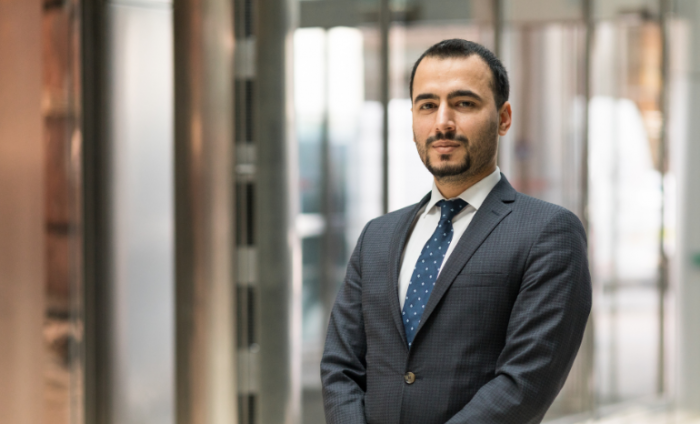
Congratulations to UCL School of Management PhD student Ramazan Kizilyildirim for being named a finalist in the 2024 Production and Operations Management Society (POMS) College of Behavioural Operations Management (CBOM) Junior Scholar Paper Competition for his work co-authored with Associate Professor Ersin Korpeoglu from UCL School of Management, Assistant Professor Gizem Korpeoglu from the Eindhoven University of Technology, and Professor Mirko Kremer from Frankfurt School of Finance and Management.
Titled “Exclusive or Not? An Experimental Analysis of Parallel Innovation Contests,” the paper investigates whether contest organisers should permit participants (solvers) to engage in multiple contests simultaneously or restrict them to a single contest. This question arises in the context of crowdsourcing platforms and innovation contests, where organisations seek creative solutions to problems from a broad audience of independent solvers.
Employing a combination of game-theoretic modelling and controlled laboratory experiments, the authors examine the impact of exclusive (solvers participate in only one contest) versus non-exclusive (solvers can enter multiple contests) formats on solver efforts and contest profitability. Surprisingly, their findings challenge prior theoretical expectations, indicating that non-exclusive contests may be more advantageous to organisers even when theory suggests exclusive contests should prevail. This unexpected result is attributed to behavioural tendencies influencing solver efforts and their distribution across contests. The authors develop a structured model to incorporate solver behavioural tendencies, improving the prediction of solver behaviour. Out-of-sample tests demonstrate that this enhanced model not only better aligns with observed solver behaviour but also highlights the superiority of non-exclusive formats across a wider range of parameters.
This study contributes to understanding the optimal design of innovation contests, suggesting that encouraging solvers to participate in multiple contests may result in higher quality solutions and greater overall profitability for organisers, contrary to traditional contest theory. This insight holds significance for businesses, government agencies, and non-profit organisations utilising crowdsourcing and innovation contests to address problems requiring innovative solutions.
They will be invited to present their paper at the 2024 POMS Annual Conference this month at Minneapolis, Minnesota. We are honoured to have their efforts recognised in such a manner and eagerly anticipate the final decision in April.